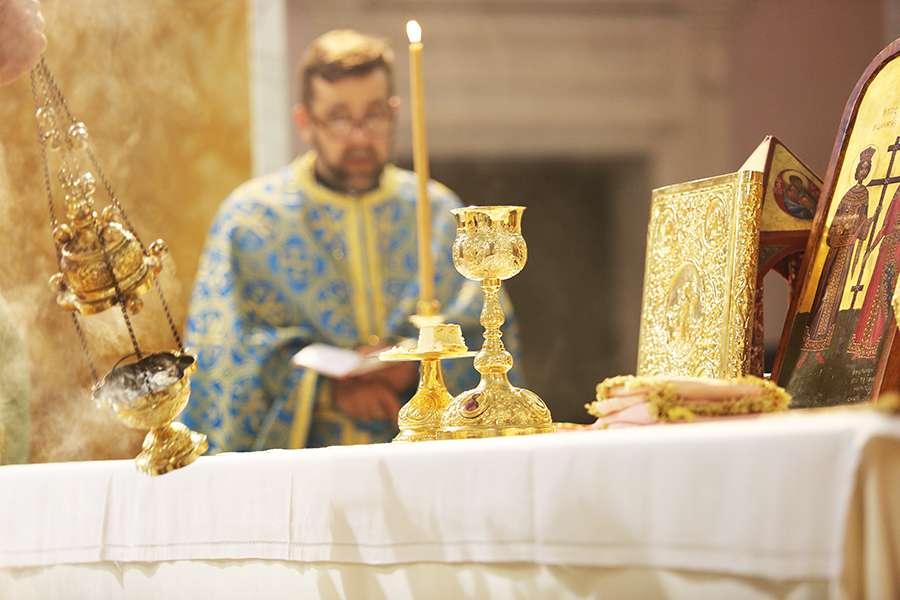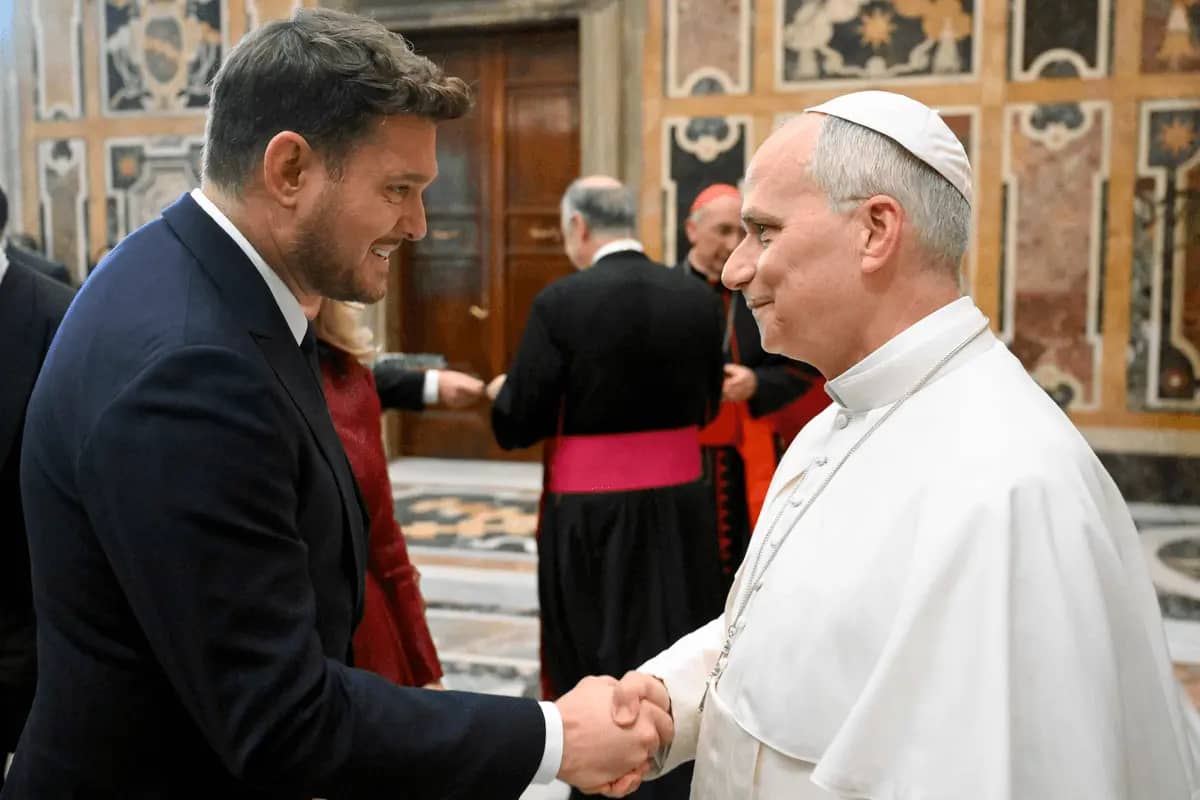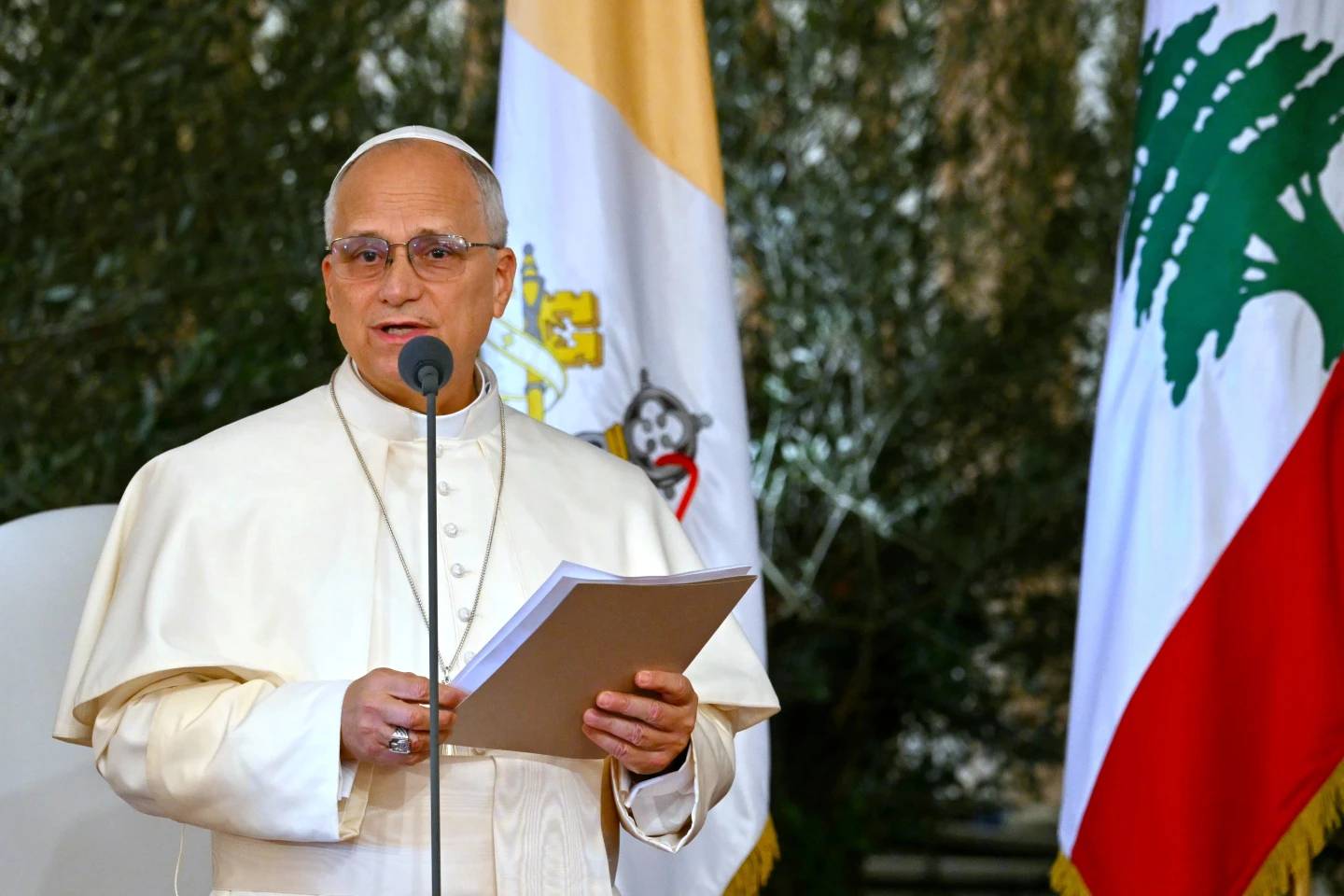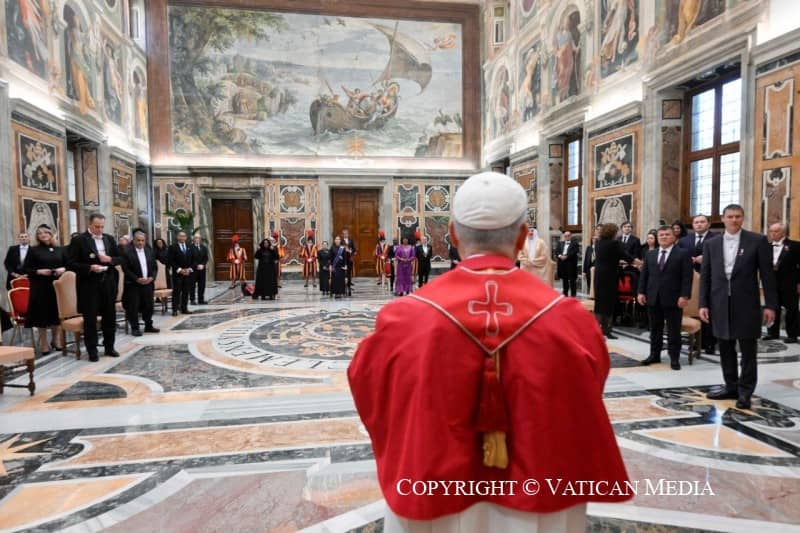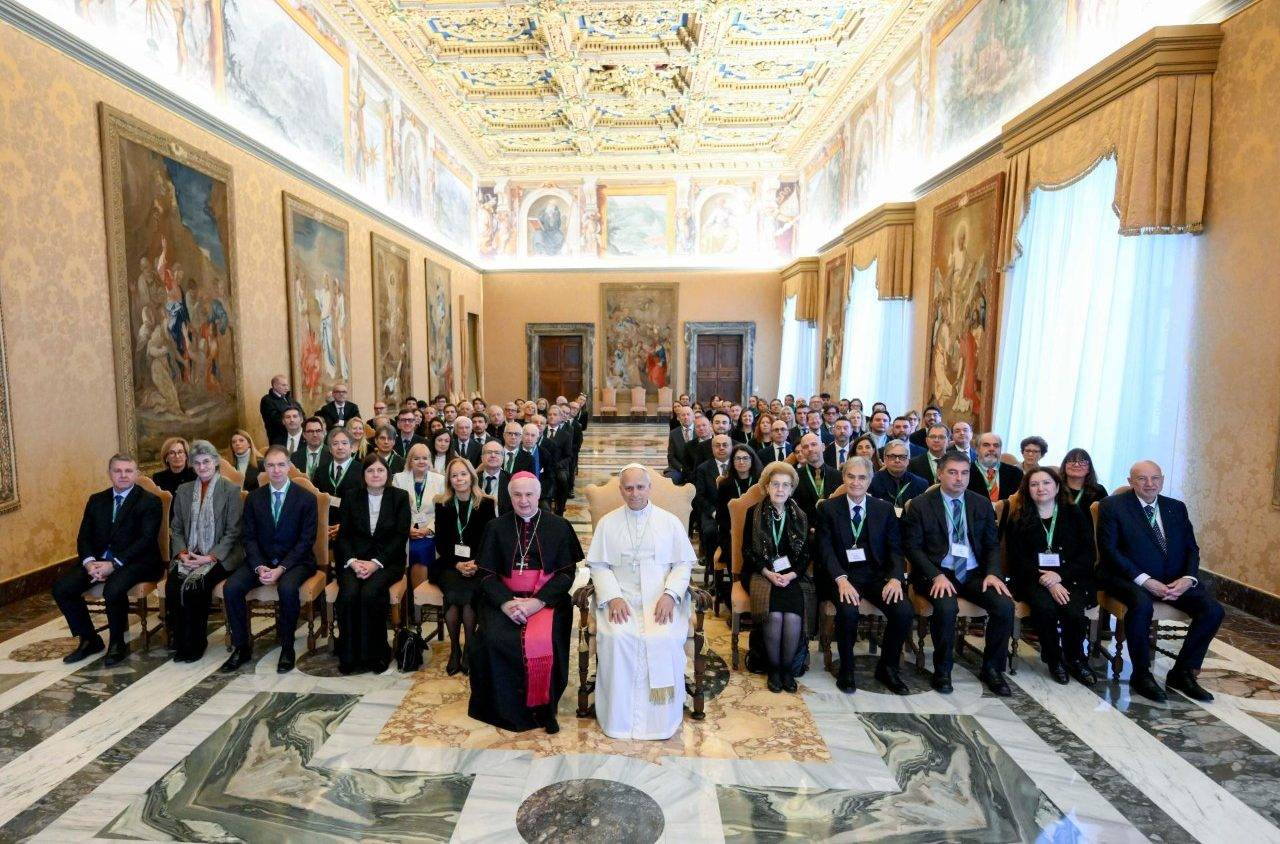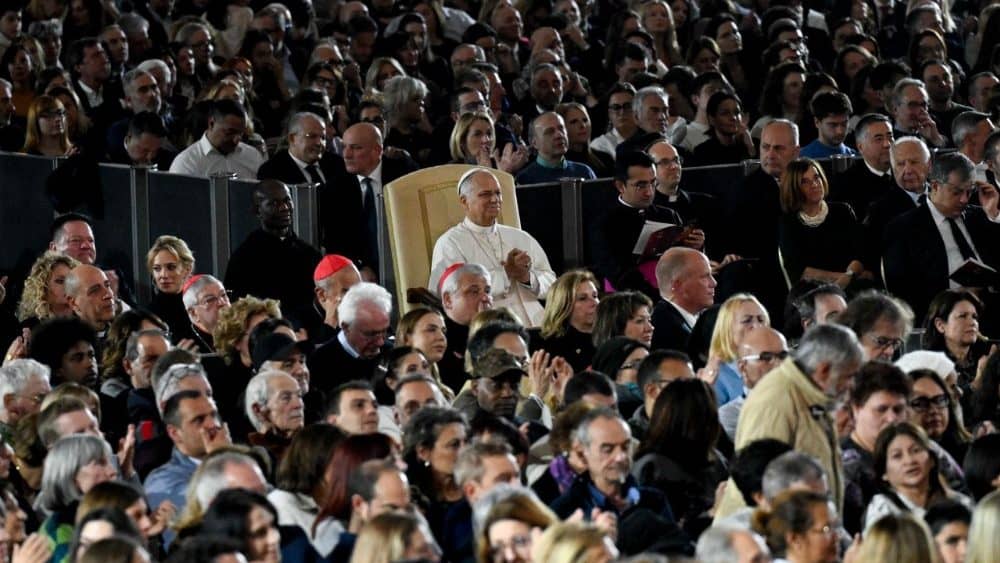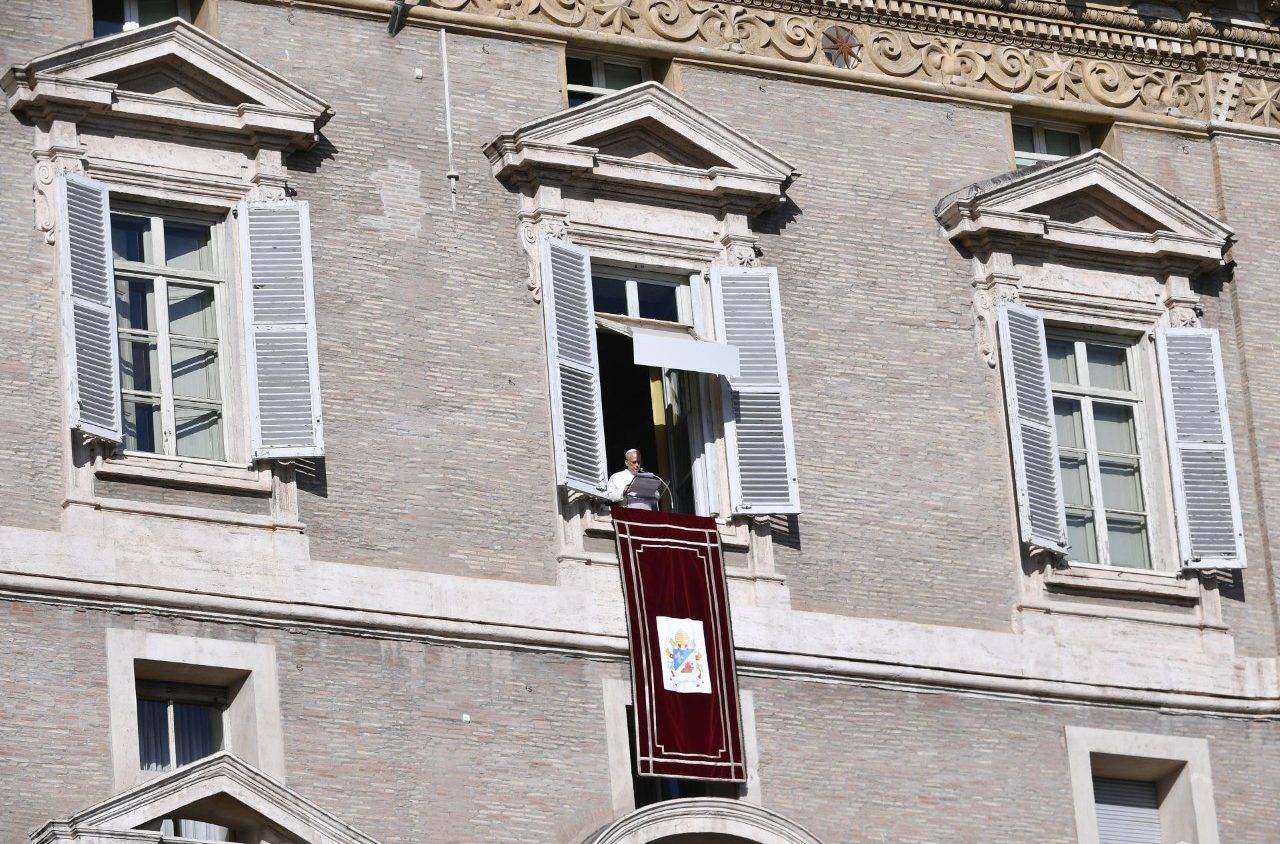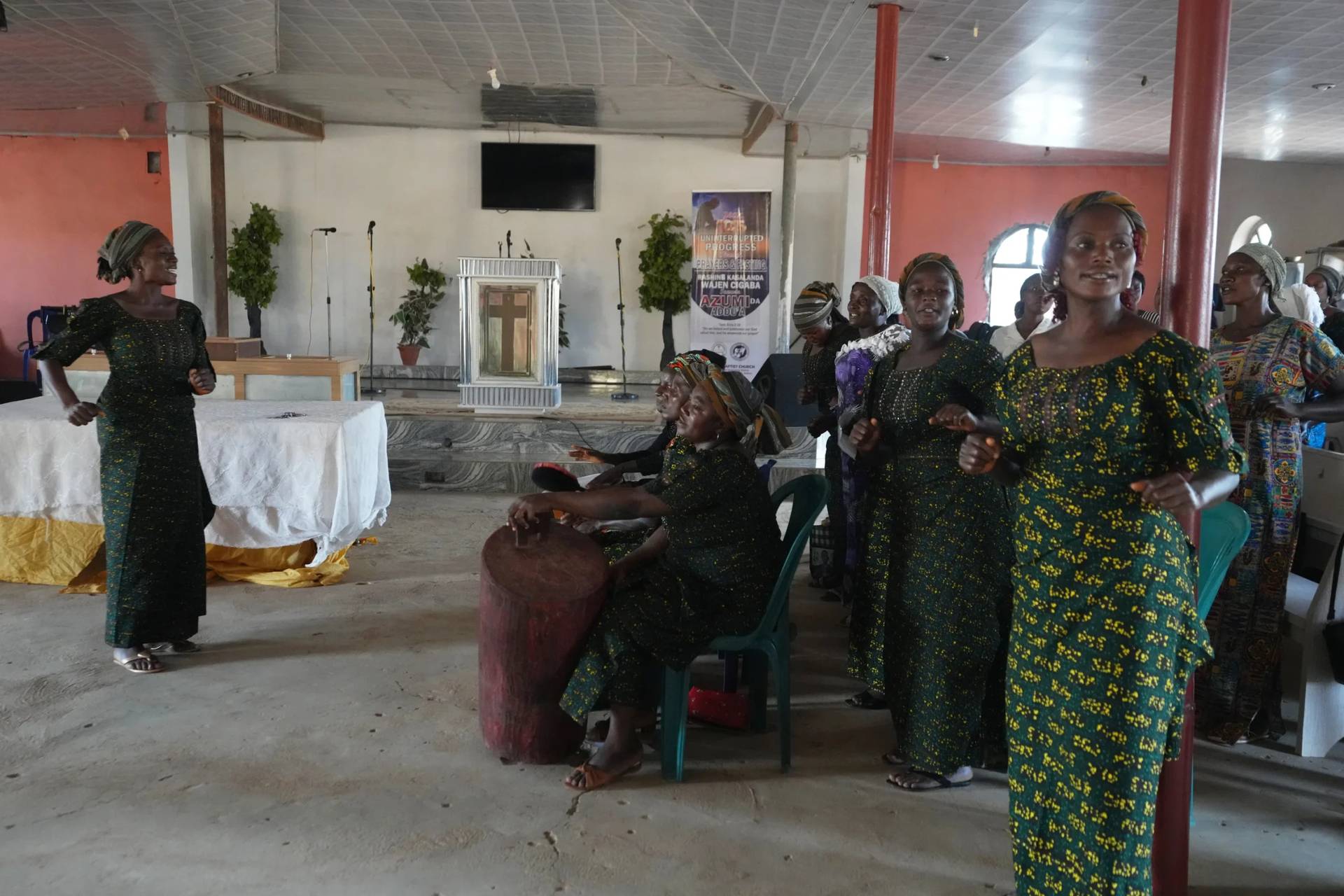VATICAN CITY – On Friday Pope Francis told seminarians studying in Rome to resist complacency and to think of their studies as strength training for their hearts and wills, preparing them for service to others.
“Your College is increasingly a ‘gym’ where you work out to give your life with willingness; your studies are tools of service for the Church, which also embellish the rich cultural tradition of your beloved country,” he said May 5 to the community of the Pontifical Romanian College.
“To treasure, through prayer and intense study, what the Lord has done in his People, is a beautiful opportunity in the years you spend in Rome, where you can breathe the universality of the Church.”
Pope Francis met with the community at the Vatican’s Consistory Hall to celebrate the 80th anniversary of the college’s founding.
In his speech, the Pope reflected on the history of the Romanian Greek Catholic Church, an Eastern Catholic Church of the Byzantine rite which came into full union with the Bishop of Rome in 1700.
In the 20th century the Church was persecuted under communism and forced underground, only re-emerging 40 years later after the fall of the communist regime in 1990.
After these difficulties, the Church in Romania is now experiencing a “beautiful rebirth,” Francis said, with new challenges to face. But “this story, made of great witnesses of faith and moments of trial, of severe winters and of flourishing springs, belongs to you,” he said.
It is good to remember this story, not as way to stay stuck in the past, but embracing each era of the Church as it comes, always remaining open to the actions of the Holy Spirit, the Pope continued.
Remembering the recent history of the Church in Romania will help them to overcome the temptation to settle for mediocrity, trying to lead “a ‘normal’ life,” Francis said, “where everything is without impetus and ardor, and where sooner or later you end up becoming the jealous keepers of your time, your security, your well-being.”
Instead, he urged them, aspire to a “passionate ministry” encouraged by the examples of your great witnesses of the faith.
“A Shepherd, as a disciple configured to Christ who gave his life ‘until the end’ (John 13:1), cannot allow himself to come to terms with a mediocre life or to adapt to situations without risking anything.”
“To guard over the memory, then, is not simply to remember the past, but to lay the foundation for the future, for a hopeful future,” he said.
In addition to preserving the memory of the Church in their country, Pope Francis encouraged them to cultivate hope, saying it was his second wish for them.
“There is so much need to nourish Christian hope, that hope which gives a new outlook, capable of discovering and seeing good, even when it is obscured by evil,” he said.
In the liturgy during the Easter season we hear from the Acts of the Apostles how the early Church “persevered in prayer, communion, and charity,” the Pope said. They never lost sight of hope, and gave it to the world, “even when it is without means, unfinished and opposed.
“I wish your home to be a cenacle where the Spirit plants missionaries of hope, infectious bearers of the presence of the Risen Lord, courageous in creativity and never disheartened to problems and shortages of means,” he said.
“May the Holy Spirit also arouse in you the desire to seek and promote, with purified heart, the path of concord and unity among all Christians.”
Pope Francis then turned to those present from the Pontifical College of St. Ephrem, which hosts student priests of the Eastern Catholic Churches who speak Arabic, and who are welcomed by the Pontifical Romanian College.
“By meeting you, I think of the situation in which there are so many faithful in your lands, many families, who are forced to leave their home in the face of the collapse of waves of violence and suffering,” he said.
“These brothers and sisters I want to embrace in a special way, together with their Patriarchs and Bishops.”
